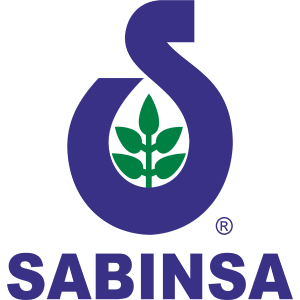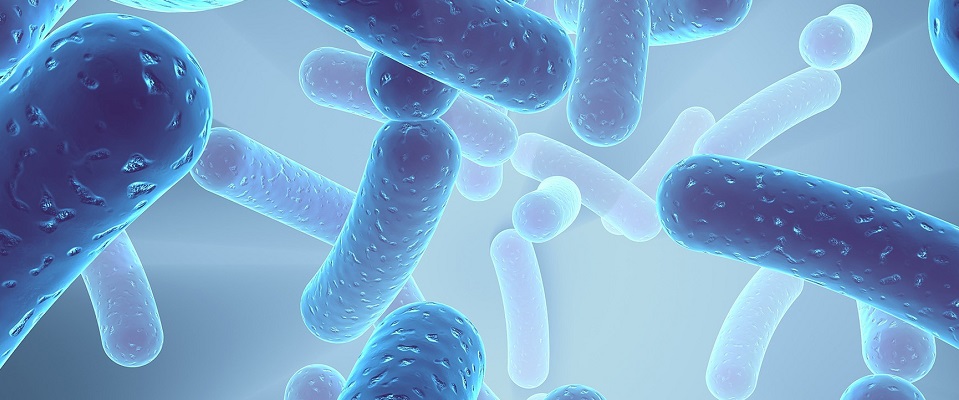This independent study conducted by university researchers reported that LactoSpore showed remarkable ability to survive (92%) gastric and intestinal conditions and then to colonize the intestine by effectively adhering to the colonic epithelium.
Furthermore, this study also reported that LactoSpore at a dose of 2×109 cfu/ml did not show any cytotoxic effects towards HT-29 or LS174T cells, adding to the scientific evidence of safety previously demonstrated by several clinical trials.
LactoSpore exhibited excellent immunomodulatory efficacy by down regulating the secretion of the IL-8 (key pro-inflammatory cytokine) while concomitantly promoting increased secretion of IL-10 (anti-inflammatory cytokine).
The authors also noted that LactoSpore showed remarkable immunomodulatory and anti-inflammatory activity under co-treatment relative to post-treatment condition suggesting significance of early application in order to suppress inflammation and support its incorporation into functional foods for improved gut health.
“The prominent survival during digestion, adhesion capacity and remarkable immunomodulatory potential of LactoSpore, coupled with its known ability to survive the food processing conditions and storage, supports its incorporation into shelf stable food products targeted at improving and/or treating gut health,” said Sabinsa founder Dr. Muhammed Majeed.
LactoSpore is Sabinsa’s clinically validated and commercial probiotic preparation containing L (+) lactic acid producing microbial preparation from Bacillus coagulans MTCC 5856. Sabinsa offers LactoSpore at various strengths: 6 billion, 15 billion and 100 billion spores/g. The health benefits and stability of LactoSpore have been published in multiple peer-reviewed journals, and the present investigation further supports the functional benefits of this branded probiotic in human health. For more information, visit lactospore.com
The article can be accessed here: Click Here








